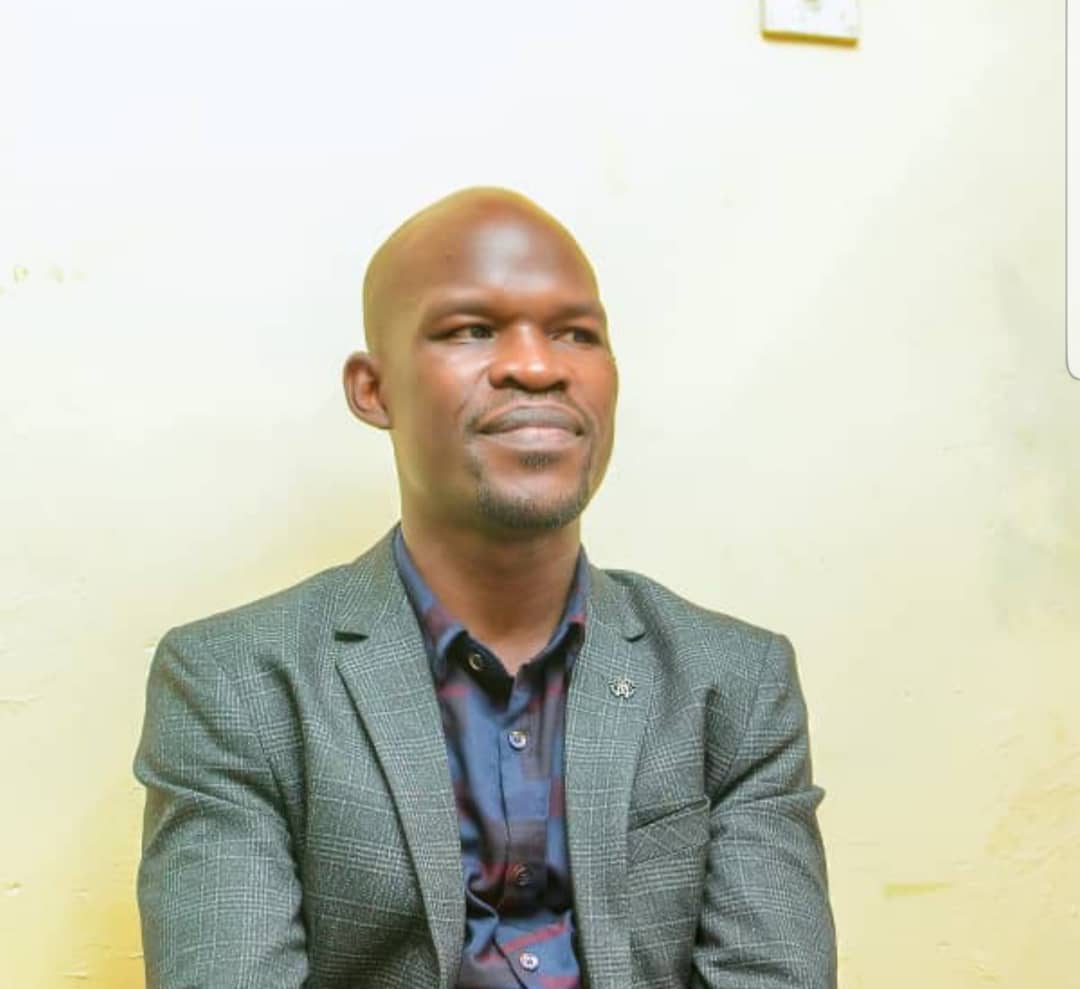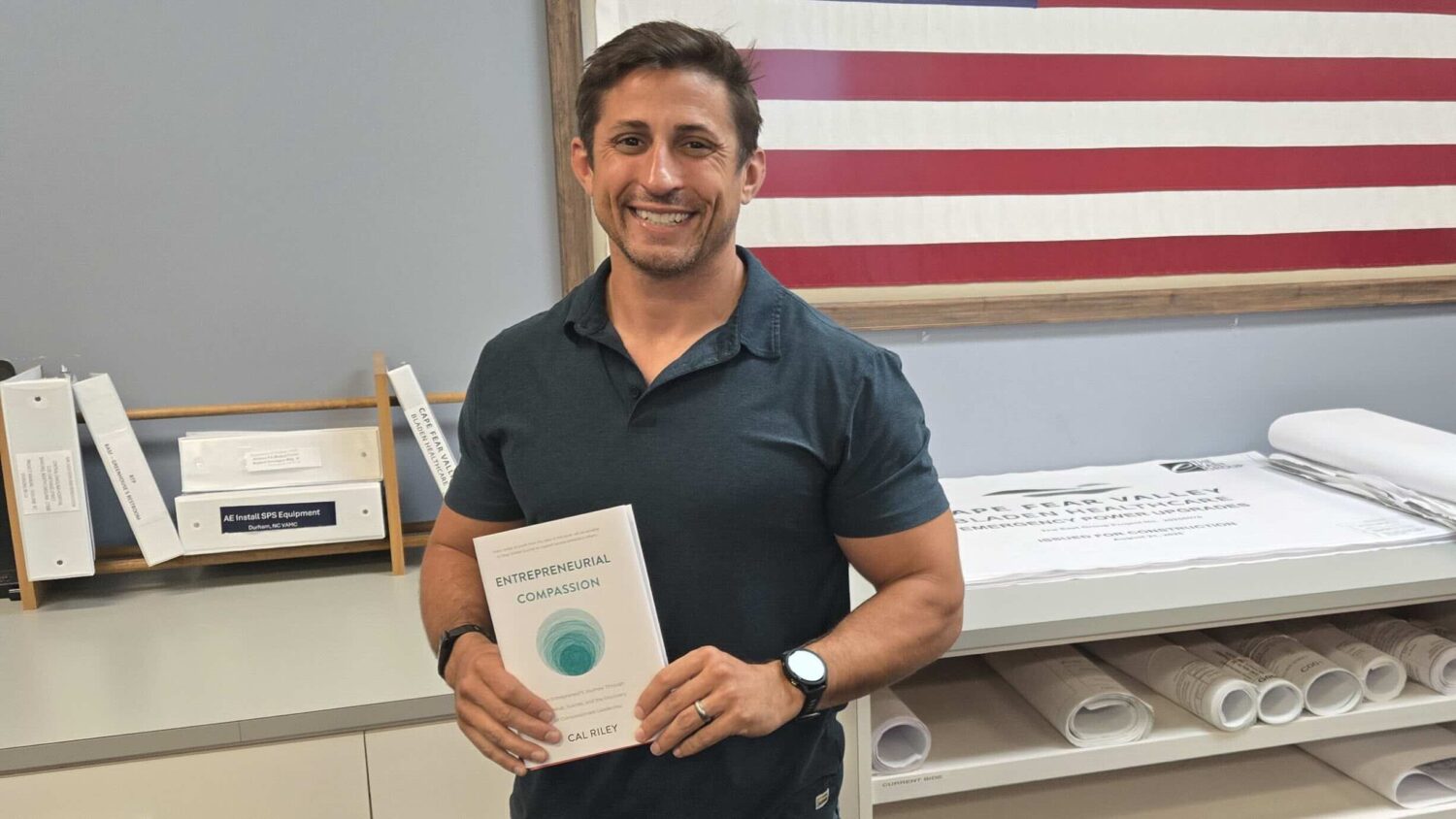By Watchdog Uganda
Copyright watchdoguganda

Uganda is once again in the clutch of political roughness. What makes the current wave particularly alarming is not just the heavy-handedness of the state but the muted silence of those who have historically been regarded as society’s moral guardians.
Across the country, mostly in urban areas young people are being arrested in increasing numbers. Many are picked from their homes or off the streets in broad daylight, bundled into vans (Drones), and taken to unknown locations. Families search desperately for answers. Some victims reappear weeks later in court, bruised and shaken. Others never return. Their only crime is suspected dissent speaking up, associating with opposition voices, wearing clothes never known to be army Uniforms and some of them are being arrested for being in the wrong place at the wrong time.
This pattern of illegal arrests is not new. But its escalation has exposed a troubling void in Uganda’s moral and civic leadership. Churches, mosques, cultural leaders, and prominent citizens all traditionally seen as the conscience of the nation have responded with a silence that grows louder each passing day.
Silence, however, is not neutrality. In the face of oppression, silence is complicity.
Uganda is a nation that has witnessed the consequences of silence before. The tragic fate of Archbishop Janani Luwum, who paid with his life for confronting bad leadership by then, remains etched in the national memory. His courage underlined a truth that cannot be ignored, moral leadership is most needed not in times of peace, but in times of fear.
Today, when young Ugandans are detained unlawfully, tortured, some of them claimed to have been raped and denied due process, religious and influential leaders cannot retreat into comfortable sermons about patience, forgiveness, or waiting on God’s justice. These messages, while spiritually important, ring hollow when they fail to confront present injustice. Citizens, especially the youth, look to their leaders for protection and advocacy. Instead, they are met with silence or worse, with carefully worded statements designed not to offend those in power.
The consequences of this silence are grave. It normalizes unlawful behavior by the state. It tells young people that their pain does not matter, It signals to the world that Ugandans are willing to endure abuse without objection. Most dangerously, it erodes trust in religious and cultural institutions, which for generations have been the pillars of community life.
The cost of silence today will be paid tomorrow. When the tables inevitably turn as they always do leaders will once again emerge to preach reconciliation and forgiveness. Yet reconciliation without accountability is an empty ritual. Citizens will not easily forget who stood with them in their darkest hour and who chose self-preservation over truth.
The wider regional and international community should pay attention to these developments. Uganda is not isolated, it sits at the heart of East Africa, where youth make up the majority of the population (78%). Their frustration at unemployment, corruption, exclusion, and shrinking democratic space is real. Suppressing them through illegal arrests and intimidation is not sustainable. A generation denied justice will not quietly retreat, it will eventually seek justice by other means!
That is why the role of moral and influential voices is so critical now. Uganda does not need reconciliation sermons after the fact. It needs preventive courage today. It needs bishops, sheikhs, pastors, elders, cultural custodians, and civic leaders who are willing to remind the state that legitimacy is anchored in justice, not fear. It needs them to defend young people whose only demand is to live with dignity, freedom, and opportunity.
Influence was never meant to be a shield of comfort. It is a responsibility to speak for those who cannot. It is a calling to protect the weak when they are most vulnerable. Leaders who fail this test now risk being remembered not for their titles, but for their silence.
If moral voices remain muted, the nation’s social fabric will continue to wear out. The preventive time is now. This great Nation will not forgive silence. Neither will the young people whose future is being stolen in the shadows.
The author, is a Social Development specialist and CEO Bridge Your Mind Centre.
Email; bwani.jose@gmail.com
Do you have a story in your community or an opinion to share with us: Email us at editorial@watchdoguganda.com



